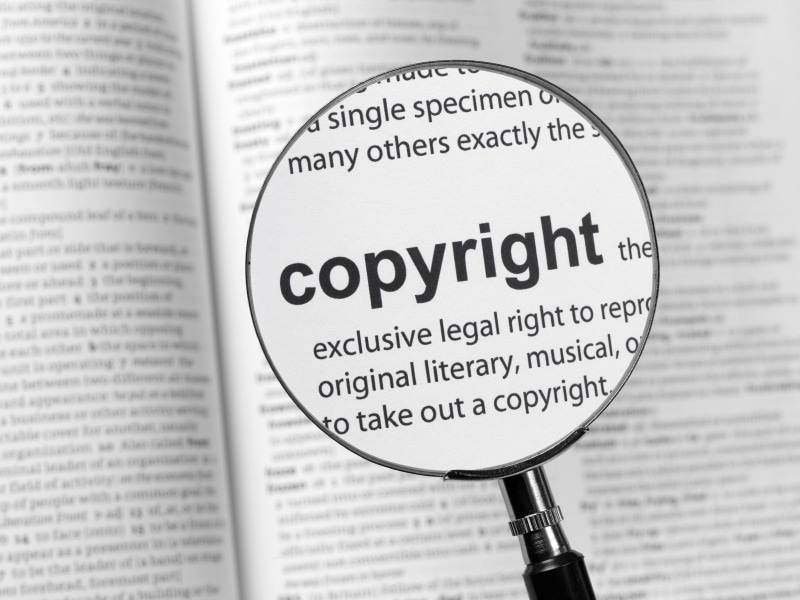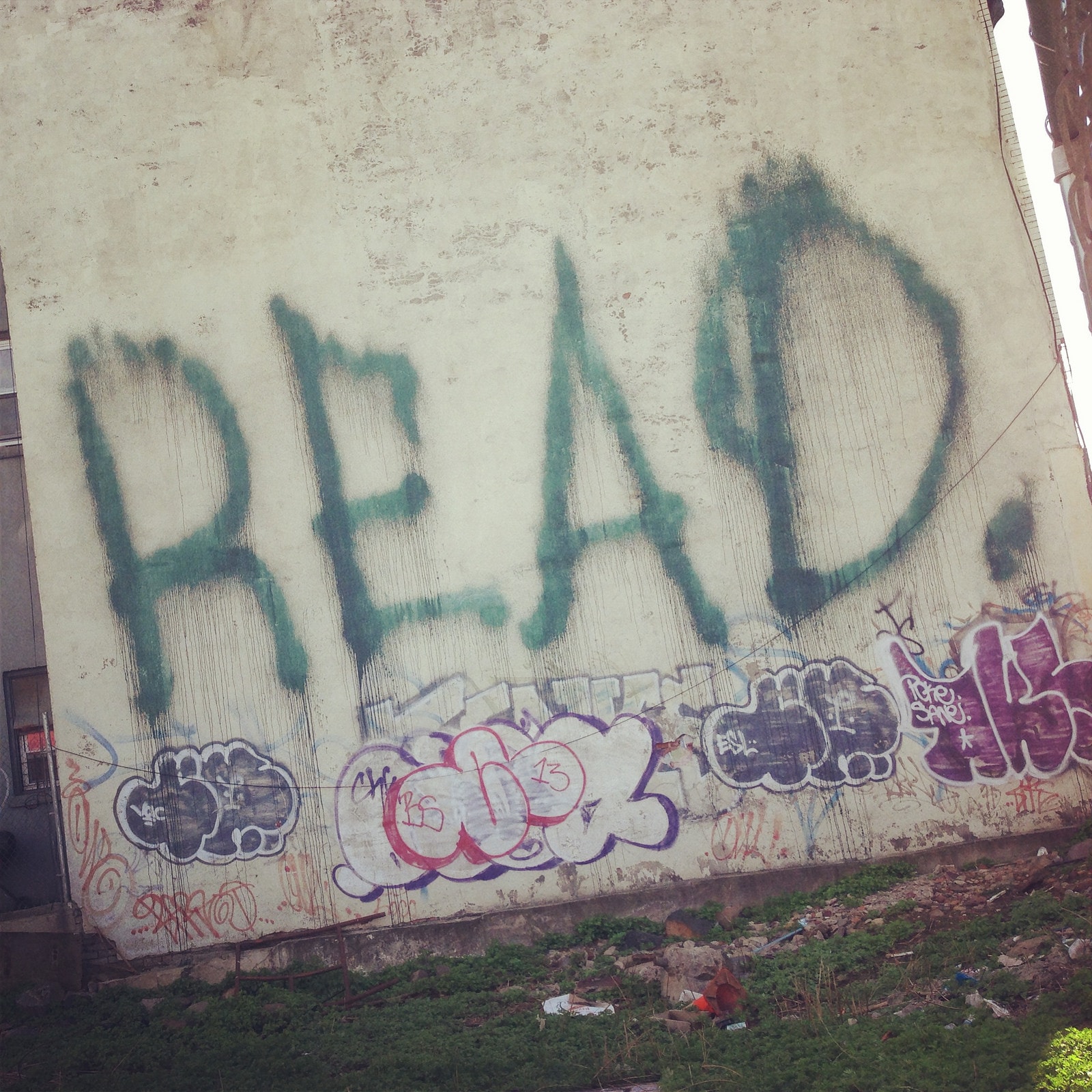God Only Knows Who Owns the "Happy Birthday" Lyrics

 The world’s most popular English-language song is (possibly) still under copyright, only now we don’t know who owns the rights.
The world’s most popular English-language song is (possibly) still under copyright, only now we don’t know who owns the rights.
Earlier today US District Court Judge George King issued a ruling granting summary judgement to the film maker who had sued Warner/Chappell over its claim to own the copyright on the song, Happy Birthday, writing in part that "Because Summy Co. never acquired the rights to the Happy Birthday lyrics, Defendants, as Summy Co.’s purported successors-in-interest, do not own a valid copyright in the Happy Birthday lyrics."
While some sites are reporting that the song is out of copyright and into the public domain, that is not what the judge wrote.
According to copyright attorney Naomi Jane Gray, the ruling did not say that the lyrics were in the public domain:
.@eriqgardner Careful there. The ruling doesn’t say the song is in the public domain. It says Warner-Chappel doesn’t own copyright in it.
— Naomi Jane Gray (@ShadesofGrayLaw) September 23, 2015
And FYI: I got my copy of the ruling from Gray’s website.
What the ruling (PDF) says is that Warner/Chappell does not own the lyrics to Happy Birthday. The lyrics had supposedly been written by sisters Patty Hill and Mildred J. Hill, but the ruling voided their claim (and named a couple other possible copyright holders).
What the ruling does not say is exactly who owns the copyright on the lyrics to Happy Birthday. That is still up in the air.
And while we’re on the topic, the melody for the song Happy Birthday went out of copyright in 1949. That copyright can be traced back to a song called Good Morning to all, which was written in 1893 by sisters Patty Hill and Mildred J. Hill. The copyright expired at the end of the second 28 year term.
According to today’s ruling, the alternate set of lyrics that make up Happy Birthday were created at a later date by someone other than the Hill sisters, which means that they never had the copyright and thus could not transfer the copyright to anyone.
So what does this mean?
The short version is that if you want to hum the tune, play it on a nose harp, or arrange it for the koto, you’re fine.
But if you recite, publish, or perform the lyrics, you could be violating someone’s copyright.
To be clear, you are probably not violating someone’s copyright; as this is almost certainly a pre-1923 work, the copyright has expired.
But we don’t know that with absolute certainty, and that is why Happy Birthday has gone from being the most popular English language song to being the best-known example of an Orphan Work. Someone could own the copyright, only we don’t know who.
Orphan works are a known problem, and it one that the US Copyright Office is trying to solve. The USCO has recently proposed a solution which would resolve today’s issue by enabling those who wish to use an orphan work to register and pay a fee.
But that is only a proposed solution, so it matters less today than the fact that Warner/Chappell has been collecting license fees on a copyright which it did not own or control.
That copyright was worth $2 million a year, according to estimates floating around. That is of course a wild guess; Warner/Chappell hasn’t said how much they earn from the Happy Birthday copyright, but we’re going to find out eventually.
The LATimes reports that the plaintiff’s attorneys "will move next to qualify the lawsuit as a class-action, in an effort to recoup millions of dollars in royalties that Warner/Chappell has collected on the tune over the years".
Copyright law has a statute of limitations that lasts three years, which (assuming that the law blogs I checked were correct) means that everyone who just learned that they can sue Warner/Chappell now has three years to file that suit.
Warner/Chappell is looking at paying back tens of millions of dollars in license fees, if not more.
Of course, those fees might eventually have to be paid to someone else, but that is a concern for tomorrow. We’ll burn that bridge when we come to it.
image by melenita2012


Comments
The Commons September 22, 2015 um 11:41 pm
If a tree sings Happy Birthday in a forest, and no lawyers are around to document it, did it violate a copyright?
Nate Hoffelder September 23, 2015 um 12:03 am
Yes. The tree should be chopped down and turned into paper so someone can write a check and pay the license fee.
Medium Punch September 23, 2015 um 12:20 am
Other than Warner/Chappell no longer being able to legally collect fees, if feels like a "have your cake and eat it too" ruling. We have no legit person who owns it but it MUST be owned by someone rather than being used by everyone!
Karl September 23, 2015 um 8:24 am
So I guess now the Author’s Guild will be saying that because this is an "orphaned work," nobody should be allowed to perform it, sing it, read it, or even think about it, until the copyright holder is found.
Doug September 23, 2015 um 3:43 pm
Careful about throwing that "1923" date around. That only applies to works that were legally published in the US prior to that date. If the work wasn’t published, or its publication wasn’t authorized, or it was published elsewhere, different rules apply.
Since we don’t know where and when the "Happy Birthday" lyrics were first legally published, if ever, the "1923" date isn’t of any help. The lyrics were published in the US back in 1912, but that seems to have been unauthorized. They were published by Summy-Birchard under authority of the Hills in 1935, but now that’s apparently not an authorized publication, either.
On the other hand, if the Hills didn’t legally hold the copyright, then their 1935 copyright registration wasn’t valid. In that case, it seems likely that copyright to the lyrics was never legally registered.
That brings us back to the other question: were the lyrics ever legally published? It would seem not, since we don’t know who held/holds the copyright. In the US, an unpublished work by an unknown author enters public domain 120 years after its creation. But we don’t know the date of the lyrics' creation, either. So we’re back to the 1912 unauthorized publication as the oldest extant document. In which case the words would enter public domain in 2032.
Nate Hoffelder September 23, 2015 um 4:04 pm
Honestly? I would have left that out, but so many people are saying PD that I wanted to cover my ass a little more.
kariss September 24, 2015 um 4:59 am
I am full of cold so I could be going mad but it looks like you have repeated a paragraph there.
Nate Hoffelder September 24, 2015 um 7:21 am
You’re right. How did that happen? Thanks!
"Happy Birthday" is (presumably) now copyright free | Anthony's Notes September 24, 2015 um 11:48 pm
[…] or a creative item for which the copyright and its holder can’t be determined or found. The Digital Reader discusses this aspect. The US Copyright Office is currently trying to find a solution to the orphan […]
Happy Birthday Copyright Saga Enters Second Verse | The Digital Reader October 18, 2015 um 4:15 pm
This Article was mentioned on the-digital-reader.com